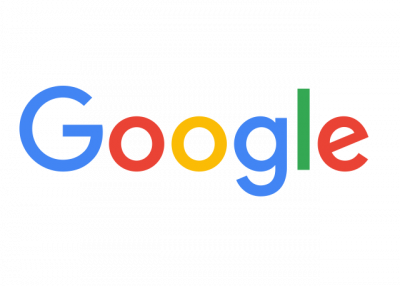Google versus Oracle, 2016.


After a drawn out legal battle, the $8.8+ billion fight between Google and Oracle over using Java (yes, THAT Java) seems to be done. For the second time.
Based around the use & duplication of parts of Oracle's Java (and its API) in Android without a license, the fight between the two companies began in 2010. Yes, it took 6 years for this decision to come, but it isn't the first court decision made in the copyright infringement case.
In 2012, a judgement came down stating that Google's use of the Java application programming interface was acceptable. That judgement was overturned, and it took roughly four years for the new trial to start. Completion of this trial took about a month.
Over on Twitter & other social networks, tech journalists have been cracking jokes while watching intently to see what happened with the case. Stories trickled out of how Google and Oracle explained their cases. To make technical details accessible to the jury, representatives relied on... physical file cabinets. Yes, file cabinets were the analogy of choice. The filing cabinets represented how code exists in different libraries (clusters of related functions), showing how things intertwine & how likely it is that you could transpose only select libraries/functions you need.
In addition to the filing cabinets, emails and other documents spanning the length of Android's existence were unearthed. Many of these documents covered decade-old conversations about potential legal ramifications of using the software & what was needed to avoid any issues.
With today's decision, Google is free to continue using its Java implementation as a core technology. Google's primary development tools (some of which are programmed in Java themselves) default to Java for creation of new Android apps, and despite Android's support for other programming languages, it was hard to picture Android without Java. Had Oracle won, it would have sought a significant chunk of the estimated $20+ billion brought about by the sale of Android devices since day 1. (Oracle's claim was that the rise in Android stifled Java's growth and blocked Oracle from stimulating said growth).
Google is far from being the first to adopt a technology sans license (with the argument that the tech is open source), and this surely brings relief to any companies worried they would end up in their own lawsuits should their platforms eclipse their humble predecessors in the market. This one decision won't necessarily have a major legal effect on the industry, but it is representative of how such a case might play out for others.
[Many of us recognize Java by the amount of updates it receives to patch security holes. The programming interface maintains a strong hold in the industry. It sees use on realtime systems and on consumer systems alike, due to the wide range of built in functions, flexibility, and maturity. Java started its life with Sun Microsystems before being absorbed into Oracle. Representatives from both eras of Java's life were called in for the trial.]
(sources: Ars Technica, Bloomberg)
















